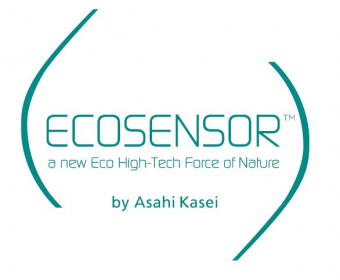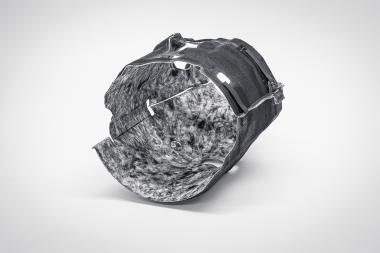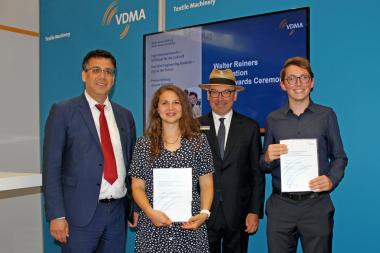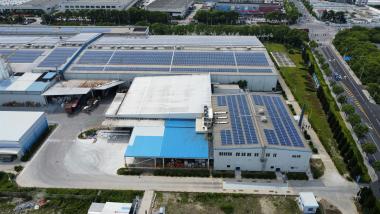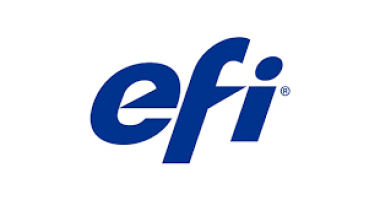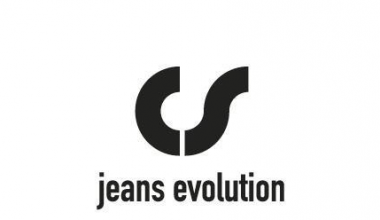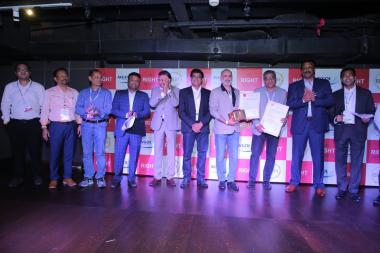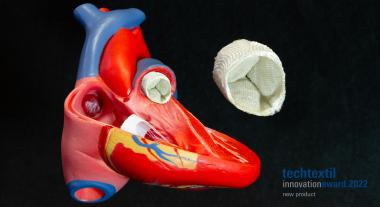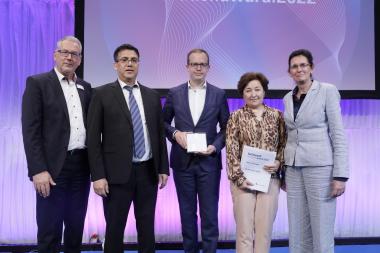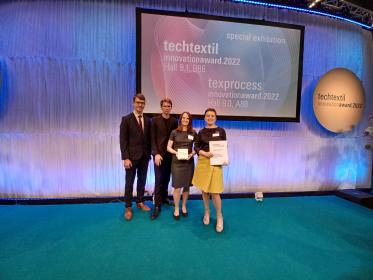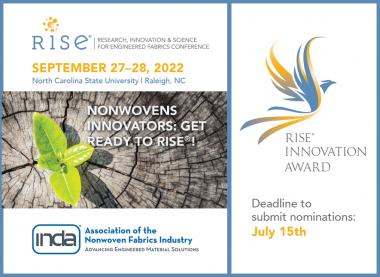Filidea Technical Yarns: New products and markets under the banner of sustainable evolution
- New yarns for the contract furnishing world, for industrial sewing threads and the challenge of biodegradable polyester
At the product level, big impulse has been given to the range of industrial sewing threads for various uses, with new references both in the polyester + polyester compositions as well as in cotton + polyester. The industrial threads, marketed as raw material, allow the company to consolidate its position on some strategic markets, such as in Germany.
As a result of the partnership with Trevira® for the spinning of the flame-retardant Trevira®CS fibre, Filidea Technical Yarns reinforces its offer of non-dyed performant yarns aimed at the world of contract furnishings. The sector of hospitality, of furnishings for public and work spaces, fairs and areas for social-cultural gatherings will find a comprehensive answer to its demands in the Trevira®CS-based yarns: with regard to fireproof standards, versatility, resistance to wear and tear, excellent colour rendering, and last but not least, the component of fibre sustainability, an essential value for the design of spaces for collective use.
Continuing in the development of sustainable production across the sector, the company has undertaken two important initiatives with other actors in the textile supply chain. Filidea participates in Trick, the European blockchain project – part of the European Horizon 2020 programme – involving 29 partners from six different nations to reinforce the circular economy thanks to the development of a digital platform which is complete, traceable and available to operators in the textile sector.
MagnoLab, the network of enterprises in the textile supply chain, and of which Filidea is one of the founding members, gives the impulse to constant R&D activities. MagnoLab was established in 2022 in order to develop tangible solutions for the sector, to create values and to collaborate with regard to current and future demands.
MagnoLab brings together textile companies which are active at various stages of and with complementary roles in the supply chain, and which work in synergy and share objectives, resourcefulness and long-sightedness, with the aim of developing innovation in a structured way. MagnoLab is also open to welcome new partners.
Filidea Technical Yarns









